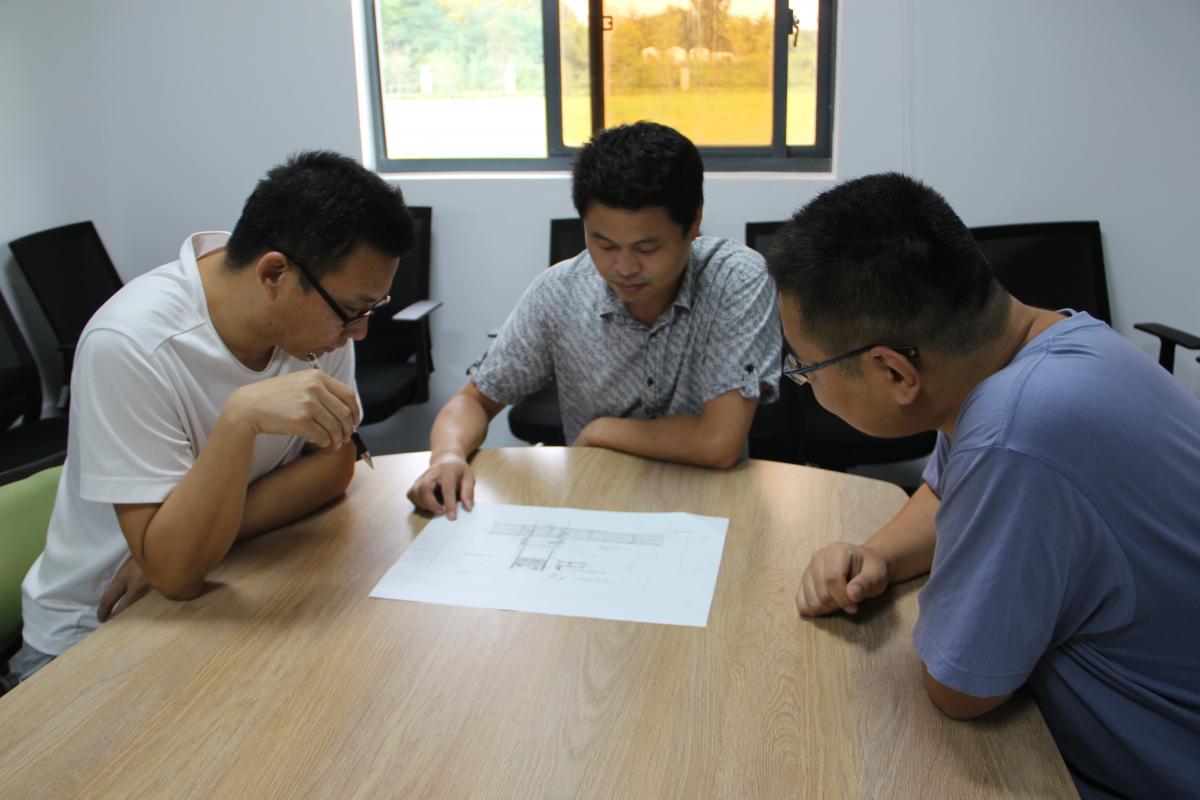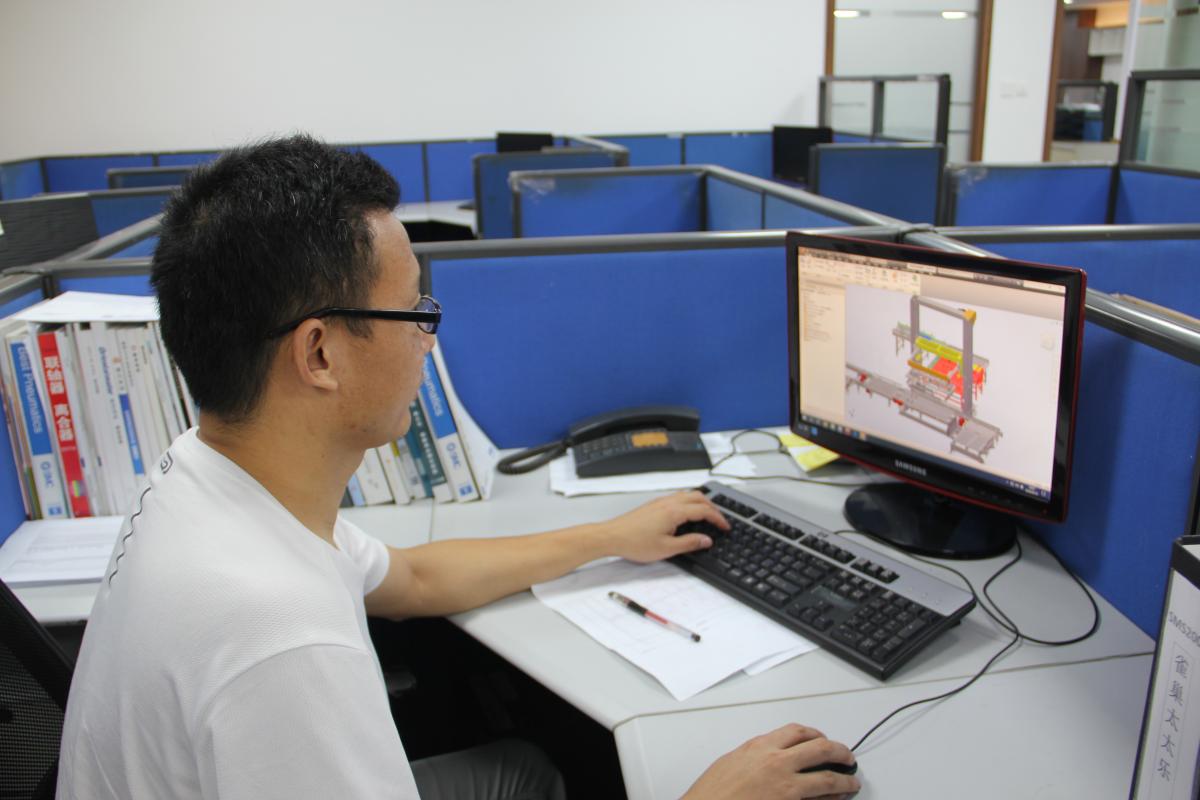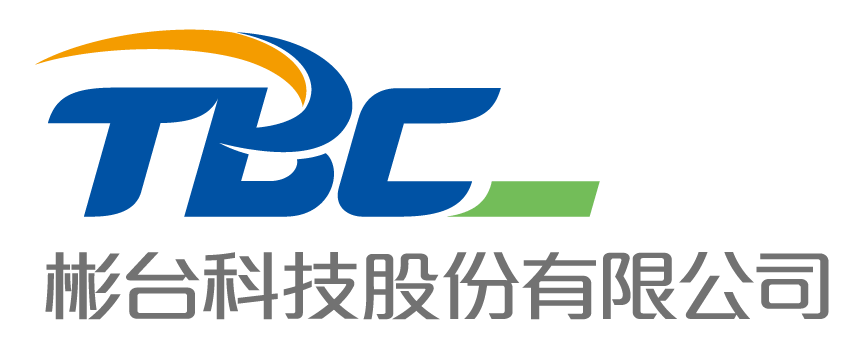Research & development
Taiwan Benefit Company believes that the effort of Research & Development is a driving force for making a company stands in a highly advantageous and competitive position. Therefore since its inception, TBC has made R&D its most important policy in managing the company. Not only has TBC created effective tools for carrying out R&D exercises for both software and hardware, but also recruited highly skilled technicians and experienced professional engineers from various fields of industrial specialties to form a future-sighted world class R&D team.
TBC has contracted with several universities and research institutes in Taiwan to carry out special joint R&D projects associated with new product development and current technology improvement. TBC has also exchanged technical cooperation contracts with well-known European, American, and Japanese firms to incorporate their advanced technology to new product development. TBC sends its technical team to each of these firms to participate in training in the latest developments of relevant technology and upgrading R&D capability. Furthermore, because of these close technical and business partnerships with foreign firms plus our own R&D specialist team, TBC is determined to become a reputable technological firm with the capability of designing and manufacturing food processing and packaging machinery for industrial customers in Asia and throughout the rest of the world.
As a long range R&D plan, TBC also intends to develop new products characterized by unique TBC features which will lead the frontiers of similar technology. Presently, TBC has a R&D specialist team consisting of more than thirty skilled technicians and professional engineers, in addition to over 100 R&D personnel from the joint cooperation partnerships available for our execution in future R&D projects which are classified into one of the following categories:
- Development of the upstream processing and production facilities.
- Development of the downstream production facilities, such as filling and packaging machinery systems.
- Automation and systematic integration of complete processing and production systems.


